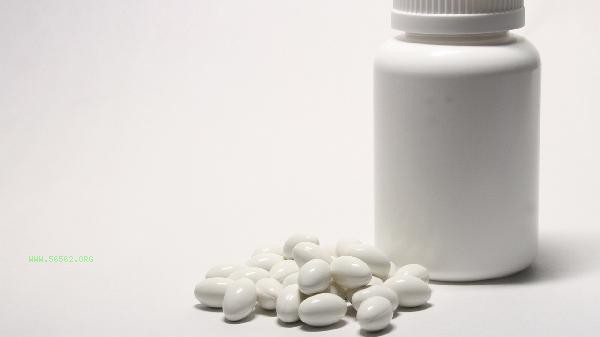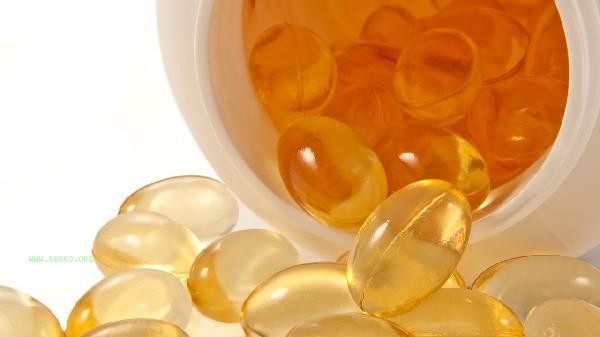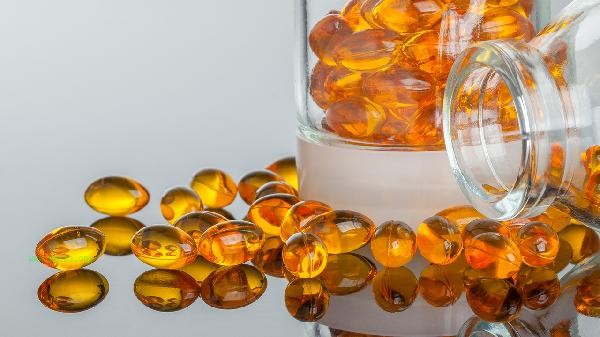The choice of algae oil or fish oil for children to supplement DHA should be determined based on specific needs. Algae oil is more suitable for vegetarian or fish sensitive children, while fish oil can provide both EPA and DHA, but there may be a risk of heavy metal residue.

1. Advantages of Algae Oil
Algae oil DHA is directly extracted from marine microalgae and is a pure plant-based source, suitable for children from fish allergies or vegetarian families. Its DHA purity is high and does not contain EPA, which is more in line with the developmental needs of the nervous system in infants and young children. The algae cultivation environment is controllable and the risk of heavy metal pollution is low, but the high production cost leads to higher prices. Some algal oils may have a fishy odor, and products that have undergone deodorization processes can be used.

II. characteristics of Fish Oil
Fish oil is extracted from the adipose tissue of deep-sea fish and contains two types of Omega-3 fatty acids, DHA and EPA, which have comprehensive benefits for children's cardiovascular and immune systems. Traditional fish oil may have the problem of heavy metal accumulation, and it is recommended to choose high-quality fish oil purified by molecular distillation. Some children may be sensitive to the fishy smell of fish oil and can choose enteric coated capsules or products with added natural seasonings. Fish oil prices are relatively affordable, but it should be noted that some products with high EPA content may affect the growth and development of infants and young children.

It is recommended to choose algal oil DHA based on the age and physical condition of children, with priority given to those under 3 years old, and fish oil can be used as appropriate for school-age children. Regardless of the type of supplement chosen, it is necessary to control the daily intake of DHA within the range of 100-200 milligrams, while supplementing with natural foods such as salmon and flaxseed. Supplements should be selected from products labeled with infant formula, avoiding co administration with vitamin A supplements. During use, pay attention to observing for diarrhea or allergic reactions. Regularly monitor children's growth and development indicators, and consult a pediatric nutritionist if necessary to adjust supplementary plans.








Comments (0)
Leave a Comment
No comments yet
Be the first to share your thoughts!